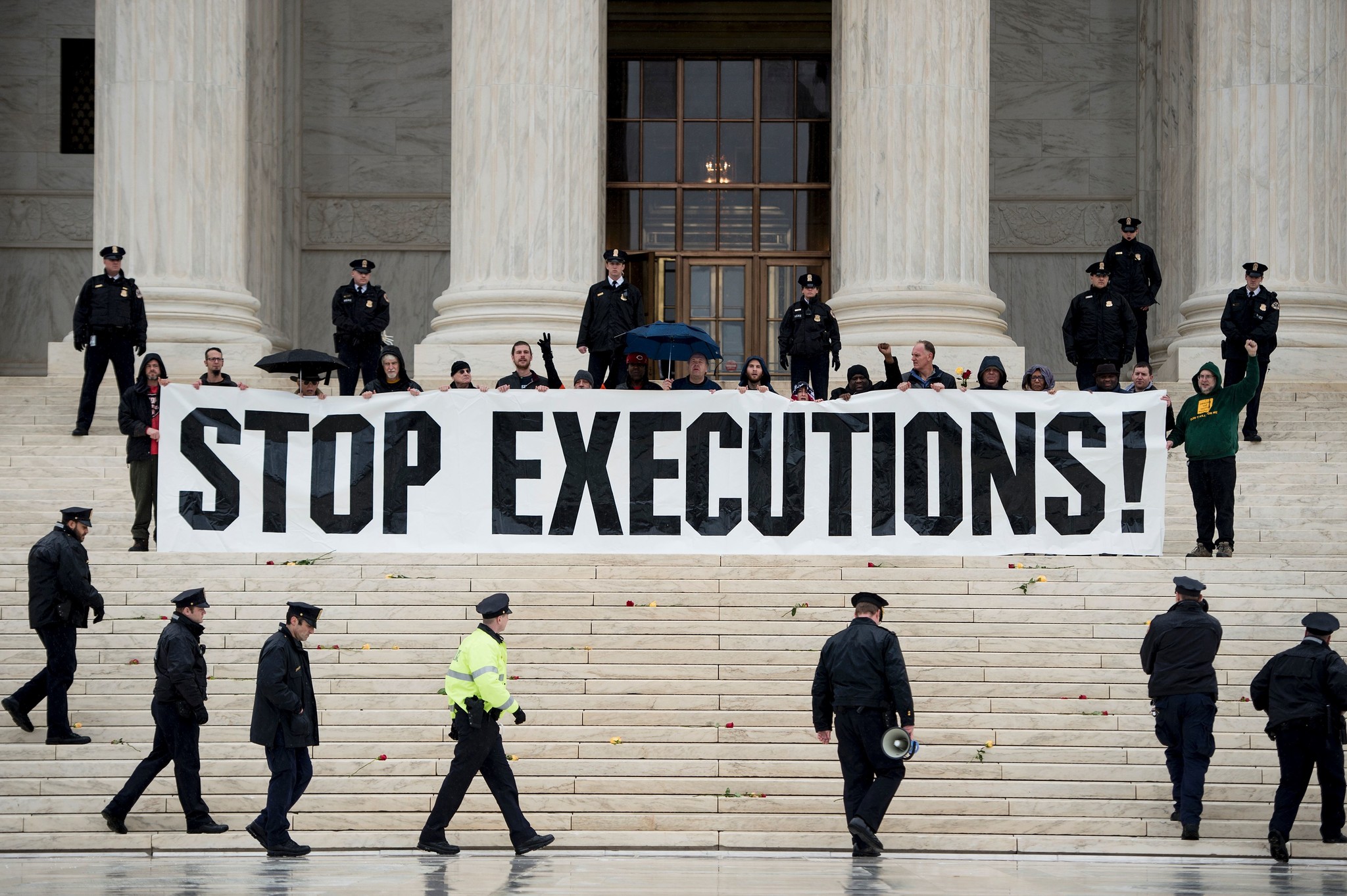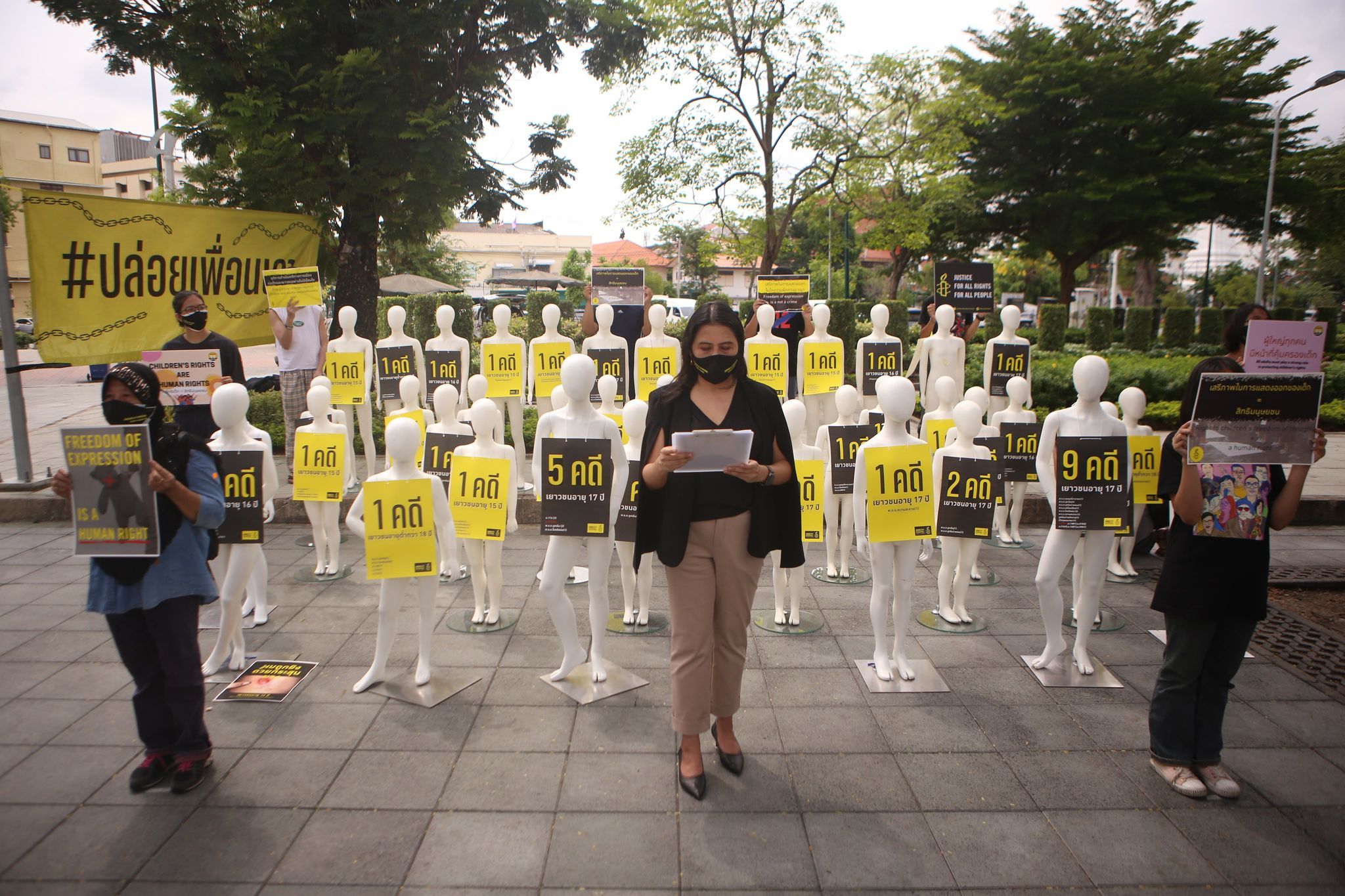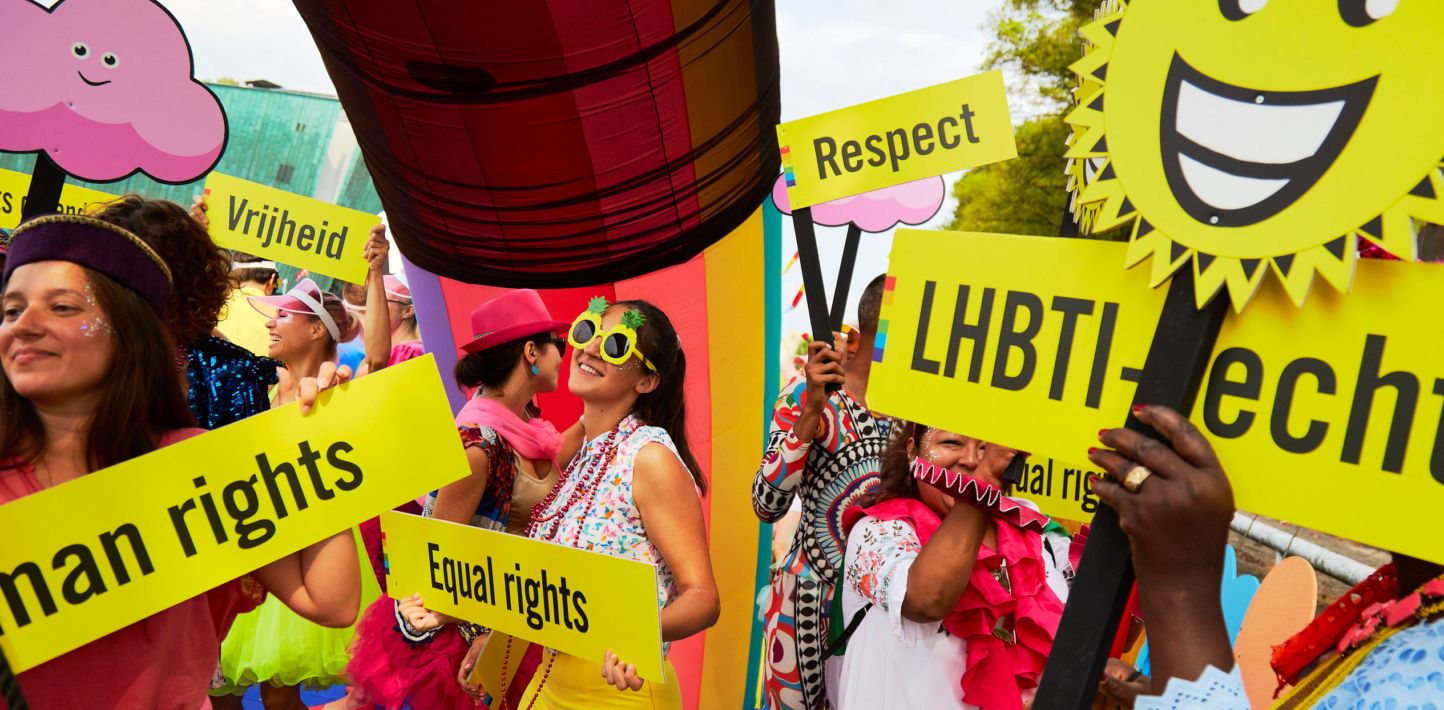DEATH PENALTY: SUPPORT FOR UN CALL FOR MORATORIUM ON EXECUTIONS CONTINUES TO GROW
19 December 2022
Amnesty International Thailand
An unprecedented number of UN member states have supported a key resolution calling for the establishment of a moratorium on executions with a view to abolishing the death penalty in the plenary session of the UN General Assembly (UNGA) on 15 December. 125 UN member states, close to two-thirds of the UN membership, voted to adopt the ninth resolution on a moratorium on the use of the death penalty, while 37 voted against the proposal and 22 abstained at the vote. This resolution was proposed by Australia and Costa Rica on behalf of an Inter-Regional Task Force of member states and co-sponsored by 79 states.
Support for the resolution has increased since it was last adopted in December 2020. Several states changed their vote positively compared to December 2020. Ghana, Liberia and Myanmar voted in favour after abstaining at the UNGA plenary in 2020; Uganda changed its vote against to in favour and Papua New Guinea changed from against to abstention. Palau and Solomon Islands voted in favour after not voting at the plenary two years ago. In our view this is an indication that the community of UN member states is steadily moving closer to rejecting the death penalty as a lawful punishment under international human rights law.
Since 2007, the UNGA has adopted eight resolutions calling for the establishment of a moratorium on executions with a view to abolishing the death penalty, with increased cross-regional support. UNGA resolutions carry considerable moral and political weight and the continued consideration of resolutions on this issue has kept scrutiny on the use of this cruel punishment as a human rights priority for the international community. The overall number of votes in favour of these resolutions has risen from 104 in 2007 to 123 in 2020. The number of countries classified by Amnesty International as abolitionists for all crimes has, in fact, also grown from 90 in 2007 to the current figure of 111.
This progressive change is also reflected in developments at national level in 2022, with Central African Republic, Kazakhstan and Papua New Guinea abolishing the death penalty for all crimes; and Equatorial Guinea removing this cruel punishment from its Penal Code. Steps towards reducing its use were also taken in several other countries, including on 13 December by the Governor of Oregon Kate Brown, who commuted all death sentences in the US state before leaving office. Despite opposition and horrific news from some countries that routinely use this cruel punishment after unfair trials and to crash dissent – including Iran, Saudi Arabia and Myanmar − the cross-regional support given to the call to establish a moratorium on executions sends the unequivocable message that the world is moving towards consigning the death penalty to the history books.
Two countries negatively changed their votes in the 2022 UNGA vote, with Democratic Republic of the Congo and Yemen switching from not present to voting against. Burundi, Gabon and Nigeria, which were not present at the final vote in 2020, abstained in 2022. In 2021, executions were recorded in a minority of countries – 18 in total. Of these executing countries, 11 were “persistent” executioners, meaning that they carried out executions every year in the previous five years. Accordingly, Amnesty International reiterates its call to all governments of countries that still retain the death penalty to take immediate steps towards abolition, and broadly to the community of UN member states to bring accountability for the flagrant violations of the right to life that we are witnessing daily through executions.
Amnesty International opposes the death penalty in all cases without exception, regardless of the nature or circumstances of the crime; guilt, innocence, or other characteristics of the individual; or the method used by the state to carry out the execution.




